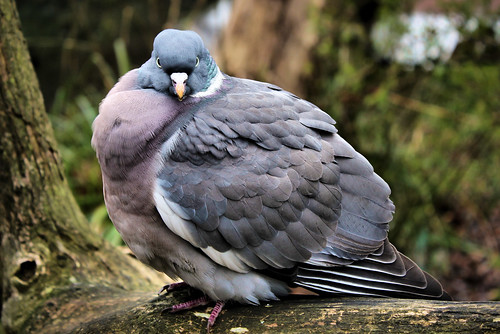Organic horticulture is very popular these days but many people are afraid to dip their toes into it. Some people think gardening is just too complicated and are intimidated by the many details. Read this article for some tips and tricks you can use to break this challenge down into something you can handle and even enjoy.
To prevent your plants' systems from becoming shocked, you need to gradually transition them from higher to lower temperatures. Put them in the sun outside for a couple of hours during the first day. Then over the next week, gradually increase the time they are in their new habitat. After one week, the plants should be fully acclimated and ready to move outside.
Healthy Plants
Having healthy soil in your garden is your number one defense against pests! Healthy plants are stronger and more able to resist both pests and disease. To increase your garden's likelihood of producing strong and healthy plants, use high-quality soil containing minuscule amounts of chemicals, which will eventually collect salts.
If your plants have a powdery mildew, don't use expensive chemicals on them. Try mixing a little liquid soap with some baking soda in water. Once weekly, spray this mixture to the affected areas of your plants, and the mildew should be eliminated shortly. Baking soda will bring no damage to your plants, and will treat the mildew in a gentle and efficient manner.
Cover fences and walls with lots of climbers. Climbing foliage is a great way to disguise unsightly features on your property, sometimes in the span of just one season. They can grow through shrubs and trees, or even cover an arbor. Sometimes the plants will require being tied to supports, but some climbers will attach themselves naturally. Climbing roses, honeysuckle, wisteria, clematis, and jasmine are some great plants to try out.
The kind of soil you use will influence the results. Depending on what type of plants you have, your soil may or may not be adapted. You can also create an artificial area with only one kind of soil.
You should start pea seedlings indoors instead of planting them outside right at the start. If you give them a chance to grow indoors where they are protected, they will germinate better. The baby plants will also be stronger and will resist pests and disease better. Once the seedlings have become hardy enough to survive, you can transplant them to your outdoor garden.
Beneficial Bugs
Broad-spectrum pesticide is not a good garden choice. These pesticides will also kill any beneficial insects that consume the pests you are trying to get rid of. Beneficial bugs usually have more sensitivity towards pesticides than bad ones. Therefore, if the number of beneficial bugs drops, the problem with pests can get bigger. This will leave you using even more pesticides to fix the problem.
Be smart about how you water your garden. Put down the watering can or garden hose, and spread out a time-saving soaker hose instead. To avoid damaging delicate plants, you should water them with low pressure. Give it a few hours to water the plants so you have schedule freedom to tend to other matters.
If you want to draw advantageous insects to your garden, plant some heather. Bees love heather, and when the heather blooms in early spring, it provides a good nectar source for them. Spiders, ground beetles and other insects helpful to your garden tend to live in a heather bed, because heather beds are generally undisturbed. For this reason, you should always remember to put on your gardening gloves when tending to your heather.
Try mixing various plants that have different heights to create an interesting garden setup. If you use a combination of plants that grow to the same height, your garden bed will be uniform and dull looking.
Plant ever-bearing strawberries for your children in the organic garden. Little ones will be more likely to help when they can enjoy the fun of harvesting their own fruit.
When helping organic plants flourish inside, it is vital to keep in mind how much light is reaching them. If your dwelling does not enjoy a great deal of natural sunlight, it makes sense to grow only those varieties meant to thrive in such environments. Otherwise, you could simply use your own lights.
Organic Horticulture
Reading these tips probably cleared up some of the questions you had about organic horticulture. Hopefully, it made organic horticulture seem less intimidating. By using the advice you have read here, you can enjoy wholesome foods that are grown in your own yard, quickly and easily.
